Hours after a court decision to deport him, Novak Djokovic left Australia Sunday, ending a drawn-out saga that shook the tennis world.
The world’s top-ranked male tennis player left on the eve of the Australian Open, which starts Monday. As a result he will be unable to defend his title and win a record 21st singles major title.
Djokovic, 34, had no choice but to leave the country, after three Australian federal judges dismissed his challenge to a deportation order on Sunday and upheld a decision made Friday by Immigration Minister Alex Hawke to cancel the Serb’s visa on public interest grounds.
Hawke later confirmed on social media that Djokovich had “departed Australia.”
A deportation order usually includes a three-year ban on returning to the country, except in certain circumstances. If this were the case for Djokovic, he would be 37, when he was next allowed to compete in the Australian Open.
Hoping to win his 21st Grand Slam tournament, he had been set to play against his fellow Serb, Miomir Kecmanovic, the No. 78 player in the world. Italy’s Salvatore Caruso, ranked 150, will now take his place.
Download the NBC News app for breaking news and politics
After the court ruling, Djokovic said in a statement he was “extremely disappointed” by the court’s decision, but he would cooperate with Australian authorities on his departure.
He added that he was “uncomfortable” that the focus had been on him since his visa was first canceled on arrival at Mebourne’s airport on Jan. 6.
“I hope that we can all now focus on the game and tournament I love,” he said.
Djokovic was then taken to the airport in Melbourne, where he boarded an Emirates flight bound for Dubai, according to Reuters.
The furor around Djokovic has re-ignited the debate over the rights of those who opt to remain unvaccinated against Covid-19.
Court filings made earlier this week confirmed Djokovic is unvaccinated, and he has said the matter was one of personal choice.
Australian border restrictions currently allow entry only to non-Australian travelers who are fully vaccinated, but he had argued he received a medical exemption to enter the country because he had been diagnosed with Covid-19 in his homeland last month and had since recovered.
Djokovic appealed a decision by border officials, who rejected his exemption and cancelled his visa. This was later reinstated on procedural grounds.
However, he admitted Wednesday, that his travel form to get into Australia included a false statement and that he had failed to immediately isolate after testing positive in his native Serbia last month, adding to the scrutiny from Australian officials and the world’s media.
Immigration Minister Alex Hawke then canceled Djokovic’s visa for a second time on Friday, “on the basis that it was in the public interest to do so.”
His decision was upheld by three Federal Court judges on Sunday. Chief Justice James Allsop said their ruling was based on the lawfulness and legality of the minister’s decision in the context of the three grounds of appeal Djokovic’s team lodged.
Hawke welcomed the court’s ruling on Sunday. He said that his countrymen had made great sacrifices and the government was committed to protecting those sacrifices. His comments were echoed by Prime Minister Scott Morrison.
The scandal around Djokovic has left many Australians outraged as an outbreak of the more transmissible omicron variant fuels record-high levels of infections.
It has also led to diplomatic tensions between Australia and Serbia, where Djokovic’s family and the country’s leaders criticized Australian authorities for how they handled the national sporting icon.
“It’s not Novak that is humiliated,” President Aleksandar Vucic told reporters after Sunday’s ruling. “I think Australian authorities humiliated themselves.”

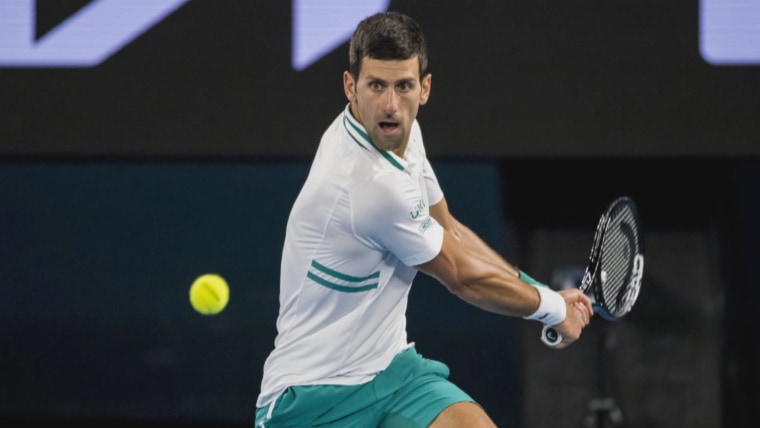
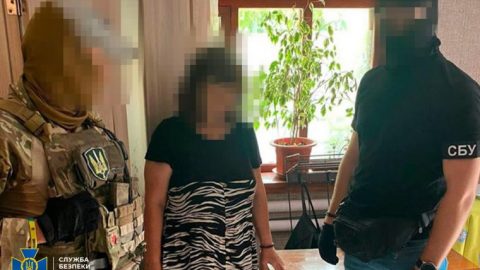
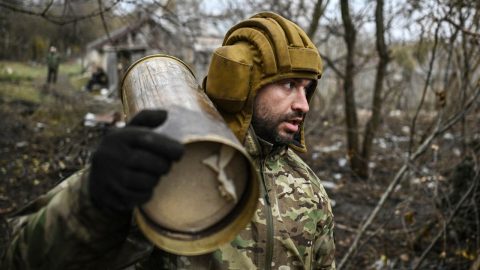
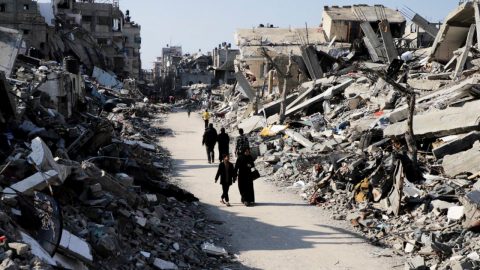

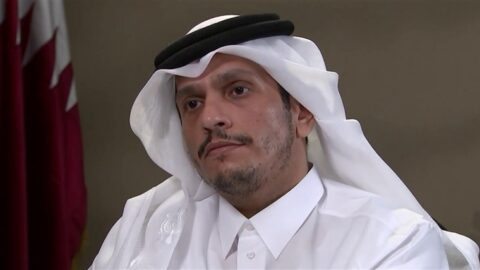
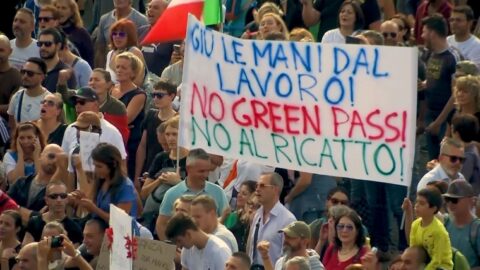
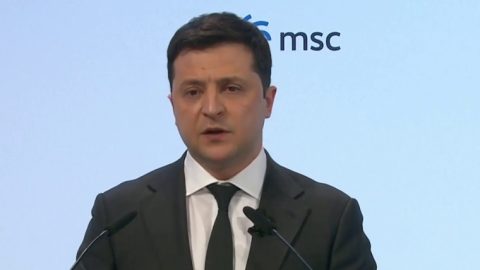
Recent Comments